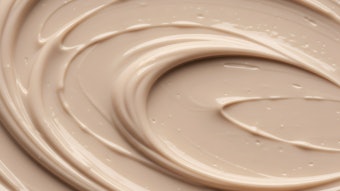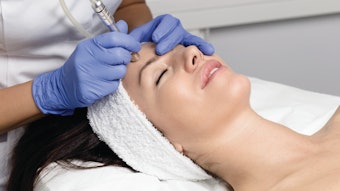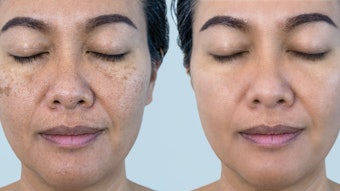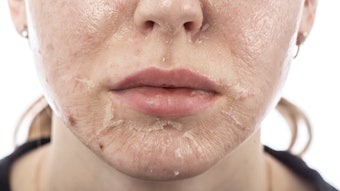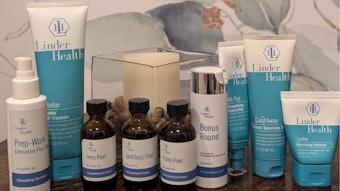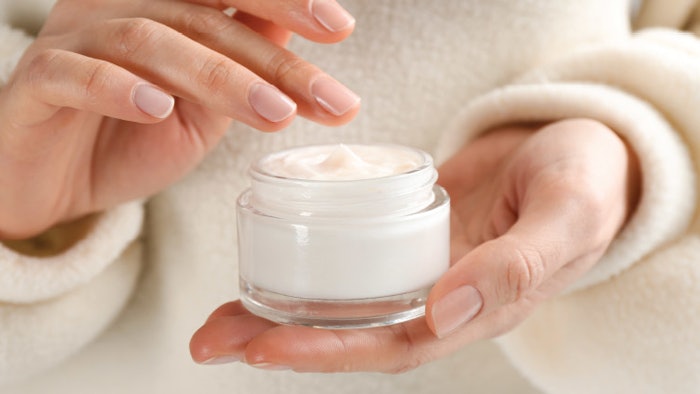
This month we asked industry pros for their input on sensitive skin treatments and ingredients. We have gathered expert advice from industry professionals on sensitive skin, and we are bringing these tips to you.
Tip 1: Focus on Barrier Health
"Barrier health is one of the most important factors when working with clients. If we go too strong too fast and the barrier is not intact, it can cause more harm than good and take longer to normalize the skin. How we approach the health of our skin can have a direct impact on the "sensitivity" of our skin–remember, "sensitive" skin is sometimes just sensitized, not truly sensitive. In a day and age that believes more is better, it couldn’t be further from the approach we should realistically take for our skin. If sensitivity appears within your client’s skin, it is also important to rule out what could be causing the sensitivity. For example, it could be a product they are currently using. Once that product is identified, they can simplify their routine to be most appropriate for their skin. When a client presents with sensitive skin, their home care routine should start with products that will support their barrier health with ingredients that are packed with antioxidant, anti-inflammatory and soothing properties."
—Kelsey Duque, LE Education Development Manager & Educator for Face Reality Skincare
Related: Rebuild and Strengthen Sensitive Skin
Tip 2: Take the Correct Precautions
"Having sensitive skin can be confusing when you consider your skin care regime. What is safe to use? What is not? It is important to maintain your skin’s protective barrier with gentle cleansers and moisturizers. What should I avoid? Synthetic fragrances, sulfates, alcohol and other chemicals can be toxic and can irritate skin. Choose fragrance-free or pure essential oils. While many essential oils have therapeutic properties that can improve the condition of your skin, it may be best to avoid citrus essential oils or harsh essential oils such as cinnamon, lemongrass, clove, etc. Use scrubs or exfoliators sparingly, if at all. Essential oils of lavender, frankincense, roman chamomile and sandalwood are generally accepted as safe for sensitive skin when properly diluted. Do a patch test: Apply a small amount of the product in question to the skin on your inner elbow. Cover with a band-aid and leave on for 24-48 hours. Remove the band-aid and notice if there is any irritation, itchiness, redness, inflammation, etc. If you see any of these signs, quickly and gently wash the area."
—Sherrie Dawkins, Formulator, Trainer and Store Manager for Body Bliss
Continue reading more sensitive skin tips in December's Digital Magazine...







